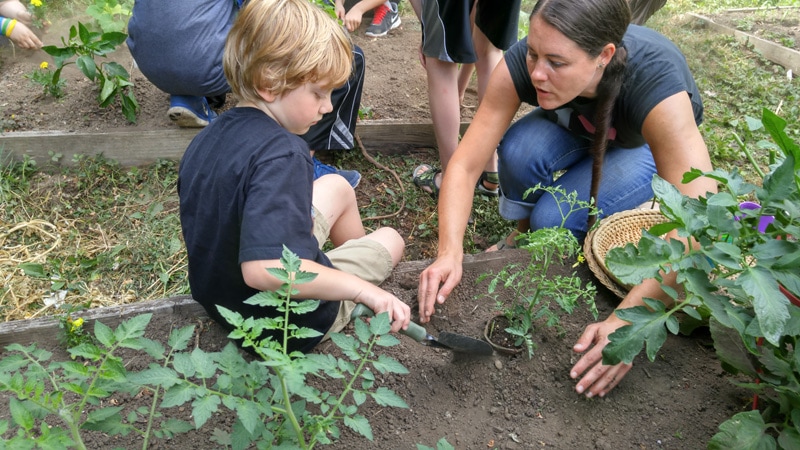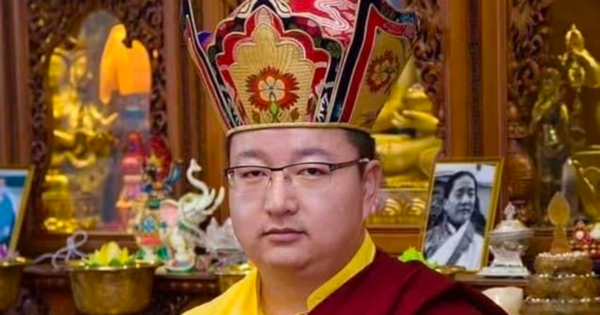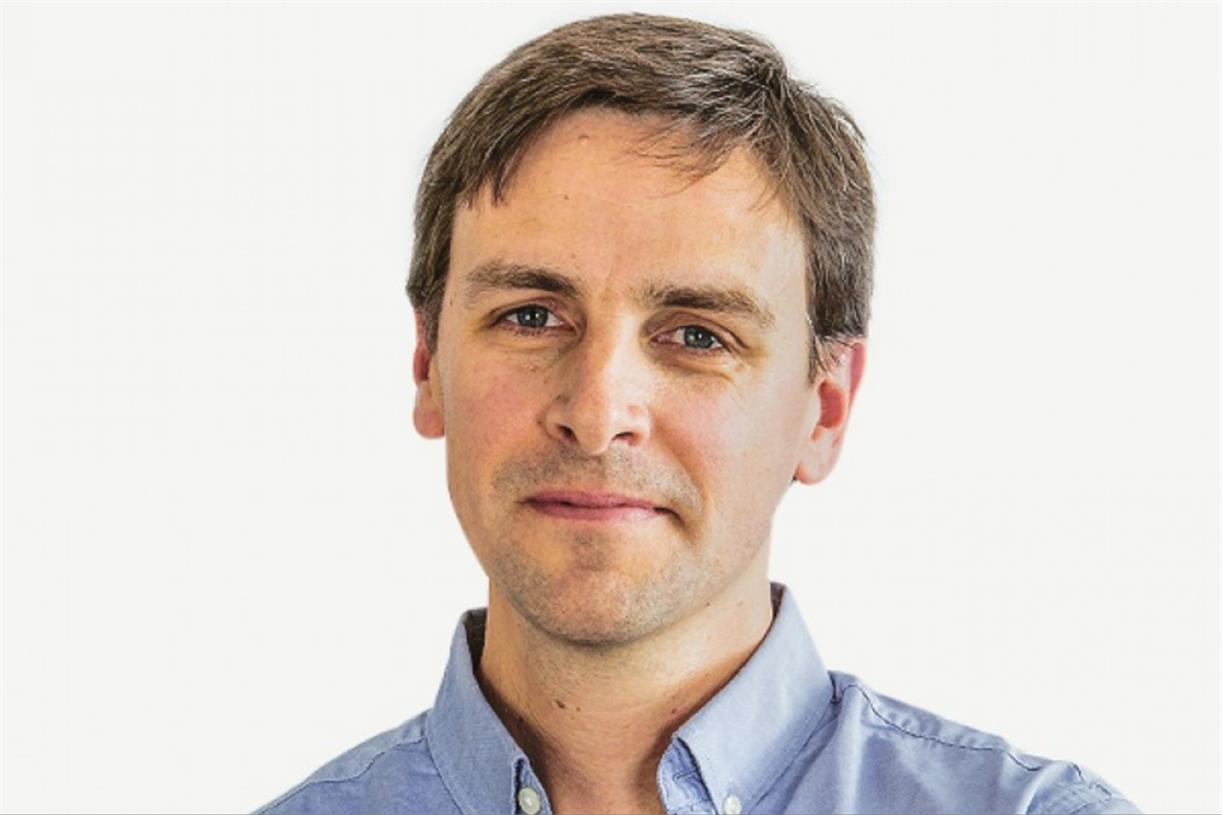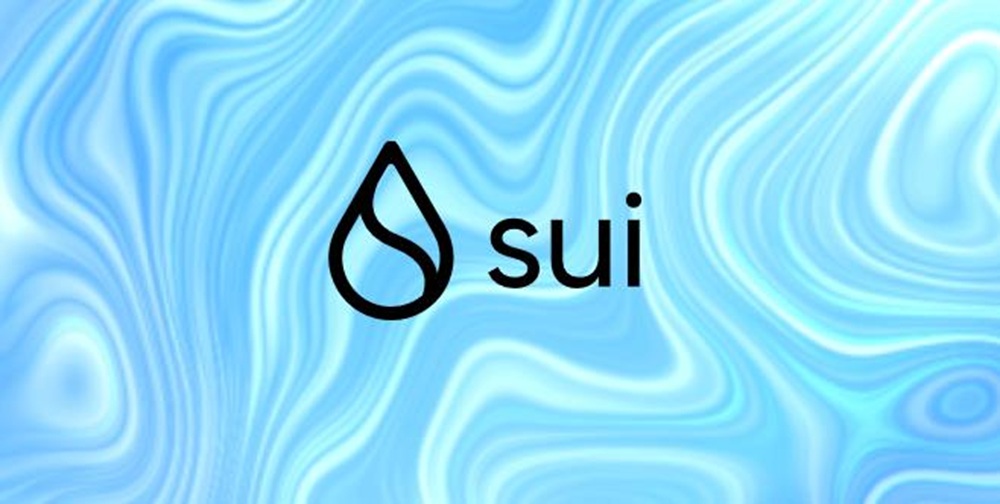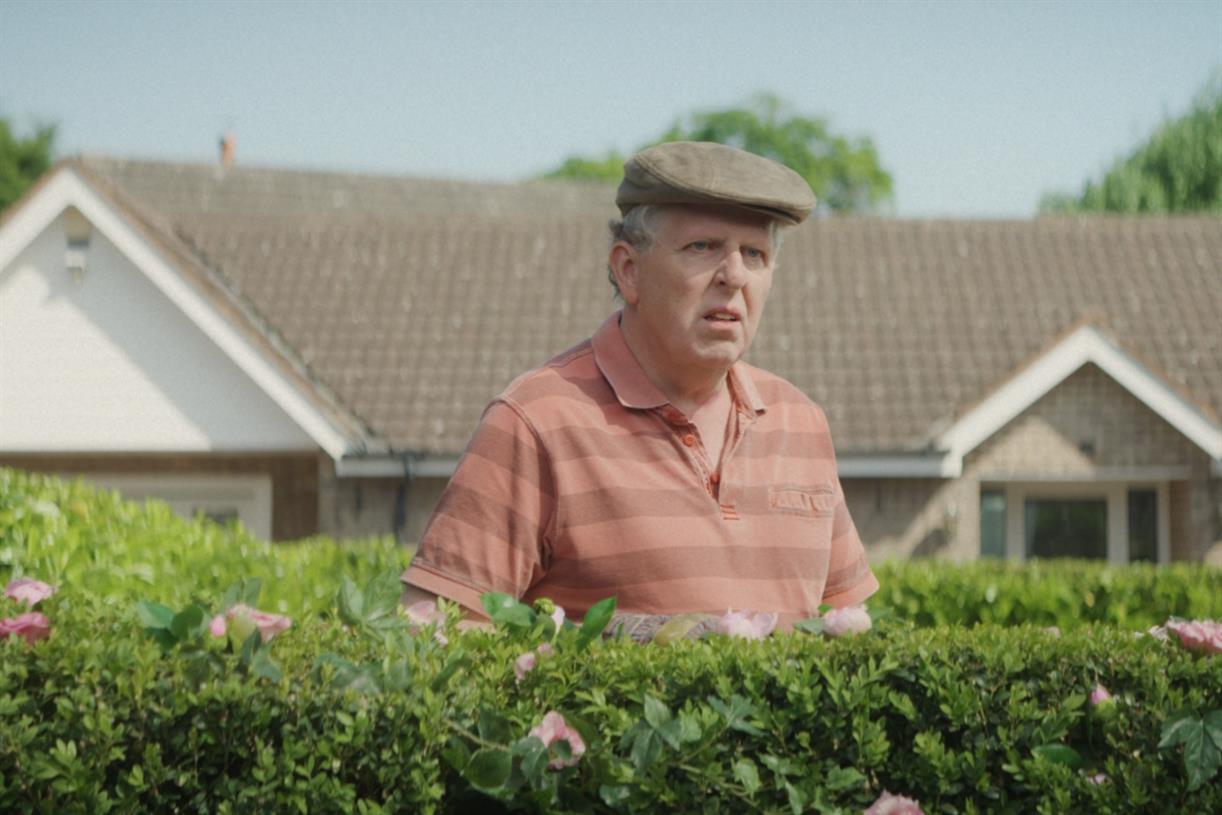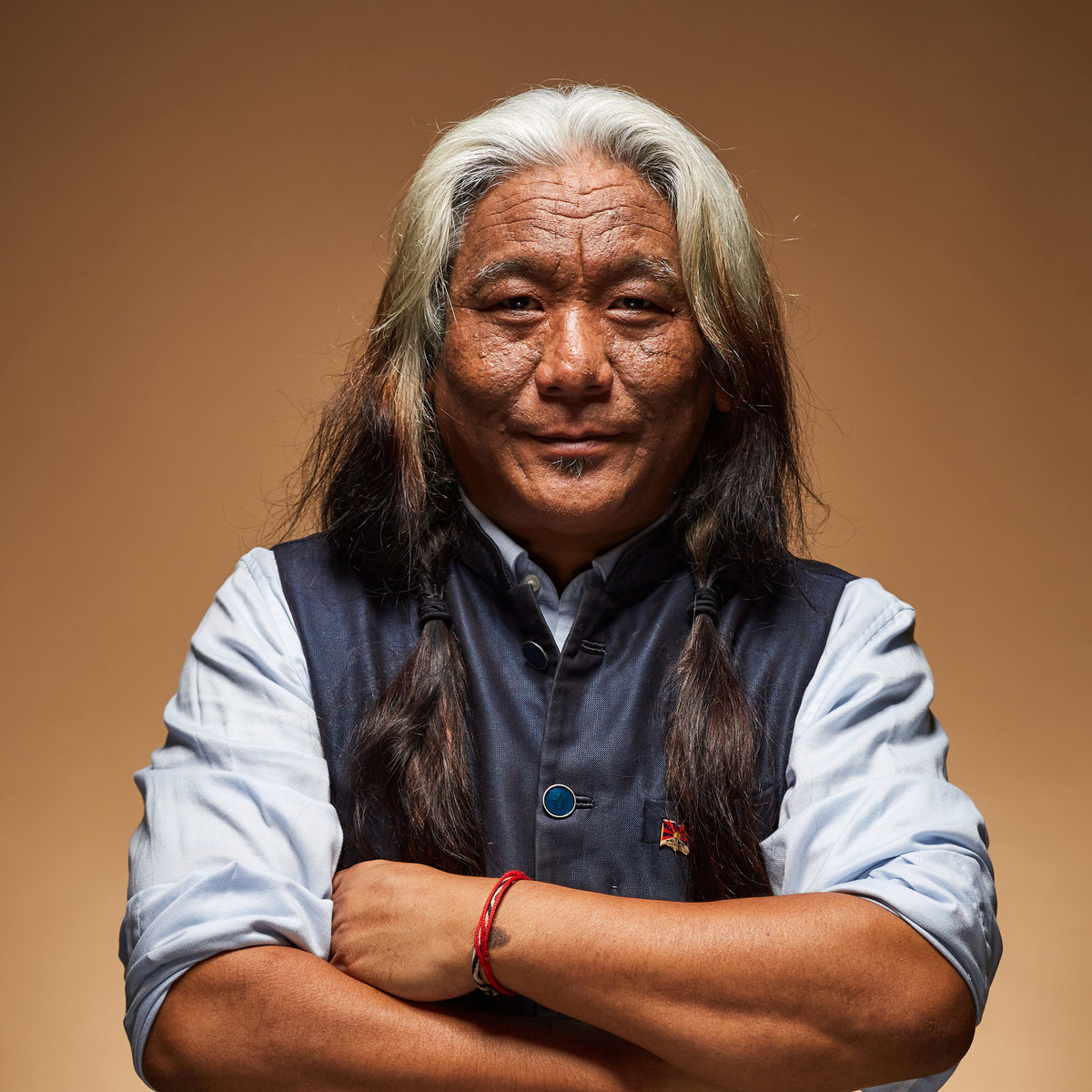What I Know About Healing Now That I’ve Ended Contact with My Mom
“Not all toxic people are cruel and uncaring. Some of them love us dearly. Many of them have good intentions. Most are toxic to our being simply because their needs and way of existing in the world force us...


“Not all toxic people are cruel and uncaring. Some of them love us dearly. Many of them have good intentions. Most are toxic to our being simply because their needs and way of existing in the world force us to compromise ourselves and our happiness. They aren’t inherently bad people, but they aren’t the right people for us.” ~Daniell Koepke
If someone had asked me a year ago if I would ever cut contact with my mom, my answer would have been a definite no.
After reconnecting with my dad in 2020 (we didn’t speak for over eleven years), I decided to handle this parent business differently.
Part of me strongly believed that if I was healing and doing this inner work right, I would be able to find a way to coexist in a relationship with my parents, and that I had to do that at all costs.
My mom and I were always very close. Although our relationship was toxic, we had a bond that I believed was unbreakable.
She used to say that I was a rainbow baby since she lost my sister to a shooting accident before I was born. After my sister died, they told her she would never have more children. One year later, she got pregnant, and I was born. Everyone was saying that she was beside herself, and I believed it.
Although there was a lot of abuse and violence happening in our household, I saw her as someone who was fighting for her life to move beyond the trauma of her past while losing it to a bottle of vodka to numb and escape.
I believe this is why I always had this unsettling drive not to give up and be defined by the past while never shying away from addressing it. I saw the consequences we face when our souls are unhealed and how unaddressed trauma drives everything.
The first time I clearly saw how toxic the relationship with my mom was and how it affected me was when I read the book Silently Seduced: When Parents Make Their Children Partners by Kenneth M. Adams, in 2020.
It was the most difficult but revolutionary book that I had ever gotten my hands on. I remember times when I had to put the book down and take deep breaths to stomach the deeply confronting truth I saw myself in. Reading this book marked a breaking point for me when the dynamic between my mom and I started to change.
As the years went on, her alcohol abuse became uncontrollable. I think she lost any desire to fight her addiction, which she always had before. Although we live on two different continents, I began to wake up to Facebook messages from her attacking me and calling me names while demanding I send her more money.
Therefore, in December 2023, after pleading with her repeatedly to seek help and threatening her that I would stop talking to her if things continued the way they were, I decided to act on my word. I ended my contact with her for the first time. Since then, we haven’t been in touch. Here are four things this decision and reflecting on it periodically taught me about healing.
1. Pain doesn’t always subside.
Someone once told me that the pain that I feel regarding my mom will eventually subside. Although I am doing a much better job at dealing with this situation internally, I understand that pain of this sort doesn’t always subside. I must learn to carry it with grace.
When we look at the person we love destroying themselves while not being able to do anything, how can we let go of the pain we feel? This pain comes from love, not from others doing us wrong. And those, to me, are two different types of pain. Although learning how to deal with our emotions is up to us, when we love, we also hurt.
The two most empowering practices that have been helping me are accepting things I can’t change and allowing myself to release what I feel without stuffing it up. I don’t try to hold my emotions in or lie to myself that I don’t care when, in fact, I do. I choose not to shy away from the emotional discomfort and to take time to reflect on how I am progressing with this no-contact situation as I move through it.
I also see my pain as a sign of the deep love I am capable of. Understanding that my capacity to feel pain reflects the capacity to feel love helps me ground myself and, in a way, befriend the pain instead of rejecting it.
2. It’s important that we honor our healing.
There is no right or wrong way to heal. It is one of the most complex and imperfect paths we will ever walk, and honoring every step of it is the only thing we “should” do.
For all those years, I felt immense guilt that I couldn’t help my mom. I felt like a failure, working with women from all over the world to heal themselves while being powerless to help a woman who gave birth to me.
Only those who have ever dealt with an addict close to them can understand the pain this brings. After some time, we realize that the only thing left to do is to sit back and watch the tragedy unfold, as if we are watching some heart-aching movie, while understanding that only an addict can help themselves.
It took me many years to start accepting that I couldn’t fix this situation while paying attention to the pain I felt.
Often, when a person struggles with alcohol or drug abuse, the focus is, understandably, on them. However, people around them are affected as well. For as long as I can remember, I battled with the desire to turn my back on my mom while shaming myself for wanting that.
Eventually, I started to pay attention to the effect this had on me and stayed away from people who said things like, “But it’s your mom.” I was and am fully aware that this is my mom, whom I love deeply. I am also mindful that these remarks come from people who’ve probably never stood in my shoes.
As Brené Brown said, “You share with people who’ve earned the right to hear your story.” This is especially true when it comes to our stories of shame. There were times when I thought about how easier my life would have been if my mom died and I didn’t have to deal with her alcohol. A few moments later, I felt paralyzed by shame, judging myself for having had these thoughts.
Today, I choose to own my story of shame and work on forgiving myself. I understand that these thoughts come from desperation and a desire to escape her addiction, which, in a way, I did when I moved to the U.S.
Recognizing the source of it while offering myself compassion and forgiveness helped me work through my unmet expectations of her recovery while becoming more resilient to face our dysfunctional relationship.
3. Sometimes we have to love people from a distance.
One of the hardest lessons I learned on my healing journey was this: love doesn’t equal presence. Requiring presence to love is attachment.
Eventually, I understood that I could love my mom while choosing not to be around her because it isn’t healthy for me. This, of course, came after a series of inner battles, and it certainly stretched me beyond my comfort.
The biggest battle for a person who is in contact with an addict is to choose when to leave or when to keep fighting for them. This often comes with doubts because we don’t want to give up on them, and we constantly question whether we did everything we could to help.
But when we choose to distance ourselves while keeping love in our hearts, we are honoring our mental health while still loving those who struggle. We understand that their paths are not ours and that our mental health, healing, and life matter as much as theirs.
4. We heal better when we choose to understand.
One thing that helped me while healing my relationship with my mom was looking at her life from a place of curiosity and understanding.
At first, I used this understanding to excuse her behavior while holding lots of anger and resentment toward her. Although I would call her every day and send her money every month, I resented her for the mother she was. As I progressed in my healing, I realized that I could only understand her actions and heal the pain from my past if I honored what was true for me. And that was to distance myself and go no contact.
It helped me to look at her with more compassion while considering everything she had been through as a child and the fact that she had done no healing work (coming from the era where mental health was taboo). It also helped to recognize that she really tried. I know she did. And I think knowing that hurts the most.
Reflecting on my mom’s life and understanding her while healing myself helps me to detach from her actions while knowing that whatever she did, it wasn’t about me. It wasn’t because she didn’t love me but because she didn’t know how to handle her own demons.
It also shows me the importance of making healthy choices for myself. In a way, I am learning to hold her in my heart while, at the same time, holding my well-being there as well. It teaches me that there isn’t a right way to heal while navigating through our recovery.
At the time of this writing, my mom and I haven’t spoken in seven months. As I am preparing to come home for Christmas, I am planning to reach out to her to meet and talk face-to-face.
Although I have no idea how the conversation will go, I know that whatever will be true for me at that moment, whether to reconnect or keep things as they are, I will obey what my soul tells me.
Because listening to what we truly feel and then honoring it, regardless of what it looks like on the outside, is the only thing that heals us and sets us free.
![]()
About Silvia Turonova
Silvia Turonova is a women’s mindset coach who leads women toward emotional healing while empowering them to live a life of wholeness, balance, and inner resilience. She loves writing and serving women through her blog. You can find out more about working with her and her 1-on-1 coaching program COACH Intensive here or get her free self-coaching worksheet here.
See a typo or inaccuracy? Please contact us so we can fix it!

 Hollif
Hollif 










